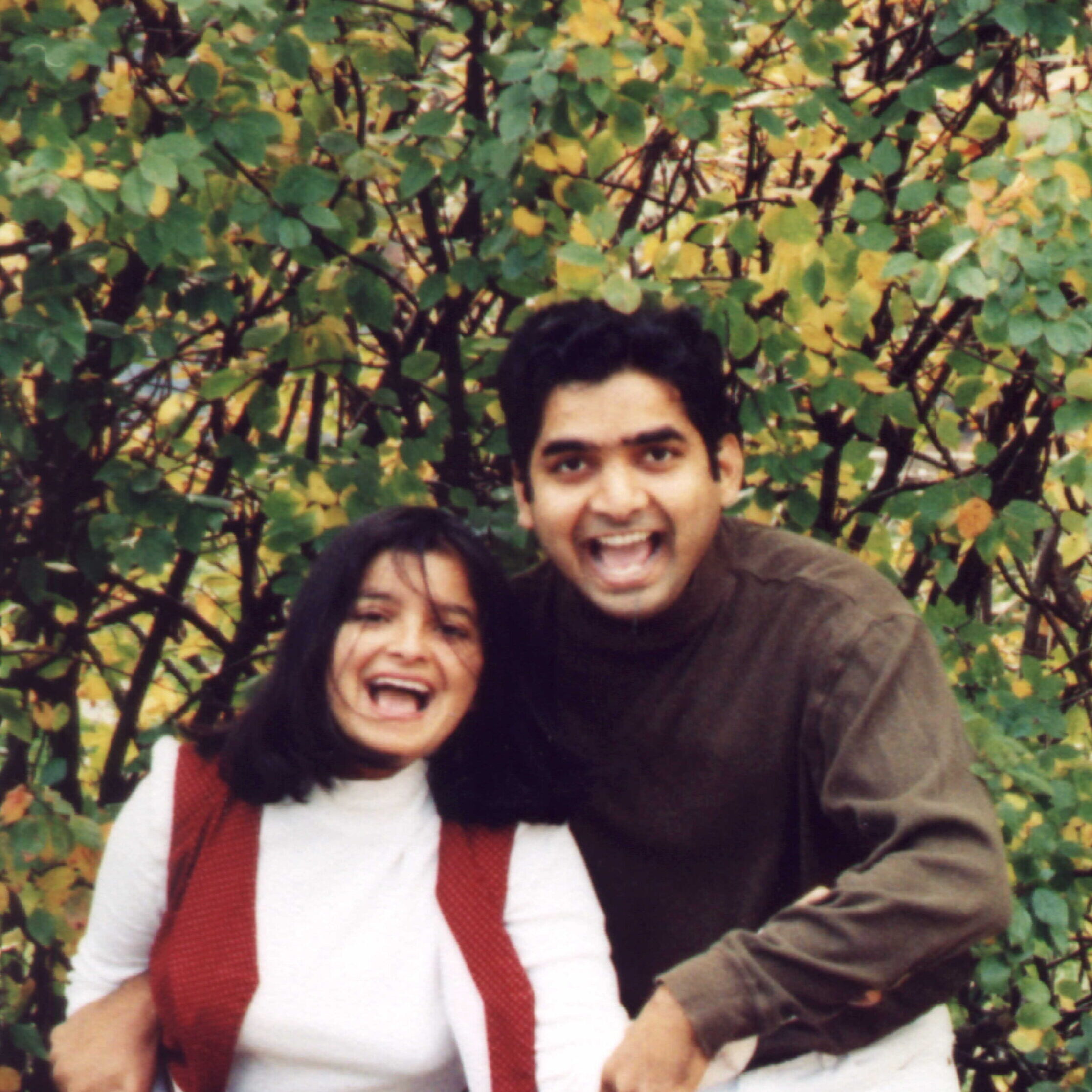I’ve been having these intense conversations with a few close friends. Coincidentally, almost all of these friends are single. And I guess not so coincidentally, many of these conversations revolved around relationships – both romantic and platonic (but relatively close friendships). A common theme has begun to emerge. People play games – knowingly or unknowingly, even with people they are close to.
It is not just a “who calls how many times” and “responds to texts how quickly” kind of a game. And it is beyond the quality of the conversations and responses too – no more a dissatisfaction with a “hmmm” as a reply. It is more manipulative than judgement of self-worth based on these quantity and quality parameters.
They are games, I am not sure, they realise they are playing. It is things like –
– She is giving me attention, now she can be taken for granted. It’s as if some battle has been won and now the territory doesn’t need to be heeded to – by way of time or attention.
– As a converse, I should behave as if I don’t care about him. That’s the only way to get him to talk to me.
– If I share my emotions, I will be “showing my cards”.
– Let me ask this question. Her answer will tell me if she is thinking of me/likes me/is angry with me.
– I am giving away too much control. Let me not do this thing he wants, (even though I want to) so he knows, I am boss.
All the above lines of thought point towards one thing – hiding one’s true feelings from oneself and the other and ending up expressing quite the opposite – nonchalance. Faking nonchalance when you actually care.
In most cases, this isn’t a calculated move. It just materialises in the back of one’s mind in a fraction of a second. Only when questioned, might the person figure their train of thought. Unfortunately, though, once they realise it too, it gets only a shrug. It has become so ingrained in the system. When I ask them, “isn’t that a game though?” They either are stumped or they go, “That’s how it goes, Meeta.”
One close friend pointed out, people don’t “show cards” because it is self-protection and if the other person knows how important they are, it makes them vulnerable to the other. But, how does showing the opposite of what you feel help the relationship?
What is so wrong about letting the other person know you care, that you think of them at random times, that you think of them more often than not? Of course, you don’t go about saying that to one and all. How many people do you feel about that way, anyway?
What struck me was this wasn’t restricted to romantic relationships. Other than those, I saw a daughter-father relationship, a relatively close friendship, and colleagues who are friends also pointing towards, “let me not make myself too available”. Most of these people would count the other in the top 15 important people of their lives, if not better.
As far as I understand, close relationships are meant to fulfill emotional needs. Needs of companionship. Companionship comes from sharing. Not only sharing of other things going on in life, but also what you feel about each other. Of course not in words or a “I love being with you” every second day, but by actions – little by little, one at a time.
It doesn’t surprise me that people play games. It surprises me that age (maturity?) is not a barrier here, neither is gender. It surprises me that people are faking nonchalance in relationships that they deeply care about. **shudder**
~ ~ ~
Thank you Ashlu for your input.




You’re right. There is an uncommon amount of game-playing in most relationships, romantic or otherwise. I only disagree with your premise that with age, this should reduce. Instead, I find it’s actually growing as I get older. It’s not just other people. I find myself holding back a lot more, playing my ‘cards close to the chest’. It’s got nothing to do with maturity and everything to do with fearing fire forever after being burnt. The very young don’t have that stopping them and their openness may be more naivete than an actual desire to be completely game-free.
Being careful is one thing @Idea, being over-careful is even more understandable. I find the game worrisome and the reason behind the game.
Behaving as if you don’t care when you do. When you _want_ to share something, but you don’t because that will show the other person he/she is important.
From little things like not replying to a message immediately to bigger things I like I will not _always_ do what he/she wants to do, even though I want to/don’t mind doing it. Things like that.
Can’t tell you how good it feels to read this. A long back, on one of my blogs, I was ranting against a Maureen Dowd article, I got this in response:
“As for dating and marriage- let us be honest…they are mating games with dating rituals”
This was from a women. An elderly women who has seen a lot of world, and is one of the most mature person I know.
Yes, that was just about romantic relationships/marriages, but it’s not hard to extrapolate that to any relationship. This view of relationships as games (or needing games to survive) may even be sociologically convenient way of understanding the dynamics but on a personal level, I find it extremely distressing to find relationships reduced down to games. And that’s why it is so refreshing to see someone else saying this:
I think it all comes down to a fear of being hurt. “Is it better to have loved and lost, or never haved to loved at all?”, to quote a Fleetwood Mac song. Again extrapolating beyond romantic love. I think people are just ready to take their chances the other way round (rather than going broke for a deep and meaningful relationship, to have a workable relationship, even if flawed — in the sense that it needs games to protect oneself against the hurt). Sharing this …
aaah! You are saying, “something is better than nothing.” On general principle, I guess it works, but when the relationship is based on a fake-ish foundation, I don’t know how it can be a fulfilling one.
If you are defining `playing games’ as being manipulative then I agree Meeta. But, if you are defining `playing games’ as `not doing / saying / conveying how you truly feel about a person/relationship’ all the time, in ALL relationships then I have a different opinion
It is true there is a lot of game-playing that happens.
But I would think not all of it is undesirable. It may many a time be, like Ideasmith suggests above,a self-preservation mechanism and that may be constraining. But equally it could be about being considerate about feelings of others around who are affected by this relationship.
Being open, frank and communicative about feelings in all relationships is sometimes a very selfish and / or easy path to take. Not every thought/feeling one has needs to find expression at the expense of everything/everyone else.Being circumspect has its virtues.
In a lighter vein here is an exchange between Sheldon and Leonard in The Big Bang Theory re. expressing feelings.
Leonard:”Have you considered telling her how you feel?”
Sheldon: “Leonard, I am a physicist, not a hippie”
:p
I was talking about manipulative “games”. The kind of games people play to have an “effect”.
But, “not conveying how you feel” makes for an interesting discussion. Of course, we can’t convey how we feel in ALL relationships, only the ones that mean something to us. I doubt we can truly care for more than so many, such that we HAVE to let the other person know how we feel. If we were to rank relationships, they would be in top 10 – those ones.
Even within those of course, we couldn’t possibly let the other person know how you feel ALL the time. How cumbersome would it be to do that and how claustrophobic for the other person! Can imagine that being only annoying.
So, we are talking about letting those who mean to us know how we feel some of the time. Usually, these times would be when the going is very good or when one is upset with the other person. My post, if we change it to “conveying how you feel”, is referring to the occasions that people don’t let the other person know how they feel when the going is good! Because it will give away too much. Open them to vulnerability.
What you are referring to applies to the upsetting feelings. (unless there are people out there who don’t like being told positive things about themselves / their relationship. The world is a strange place, after all). In this case, I think we should exclude parents, siblings, etc because they are what I call involuntary relationships – the dynamics are entirely different.
Having drilled it down so, is it then more selfish to express what you are feeling than to not tell it like it is? What about being one of the few people who can give feedback.
Also, I don’t think conveying feelings is the easy way out. Quite to the contrary. Confrontation is difficult – even for people who like resolving issues and don’t like sleeping over strain in an important relations. Conveying what you feel is not like lying. Lying is an easy way out.
Leonard-Sheldon: 😀 Well, calling someone what you don’t like, as if it were derogatory, is the best way to win an argument, isn’t it? Hippies are happy being hippy, whether or not Sheldon likes them.